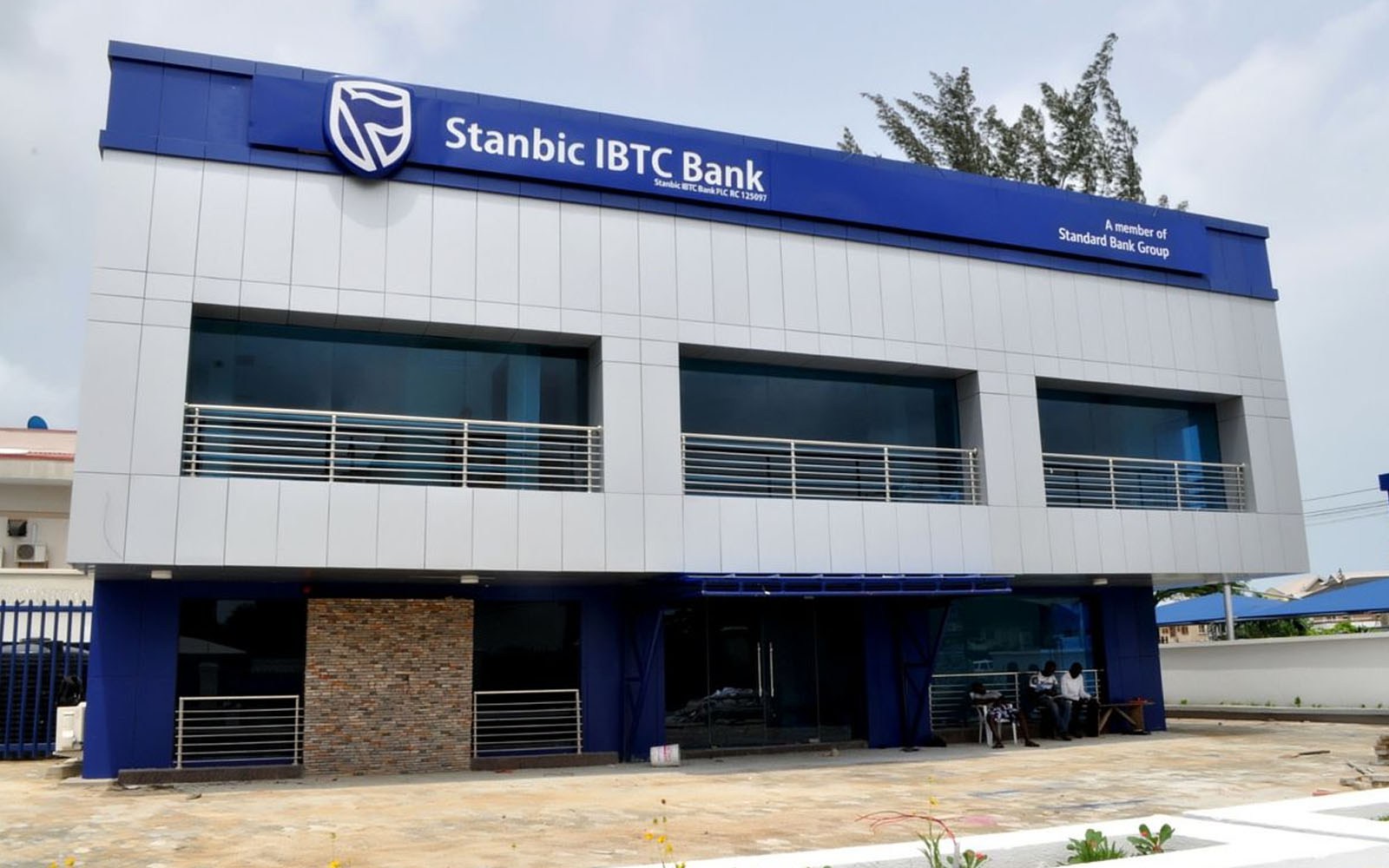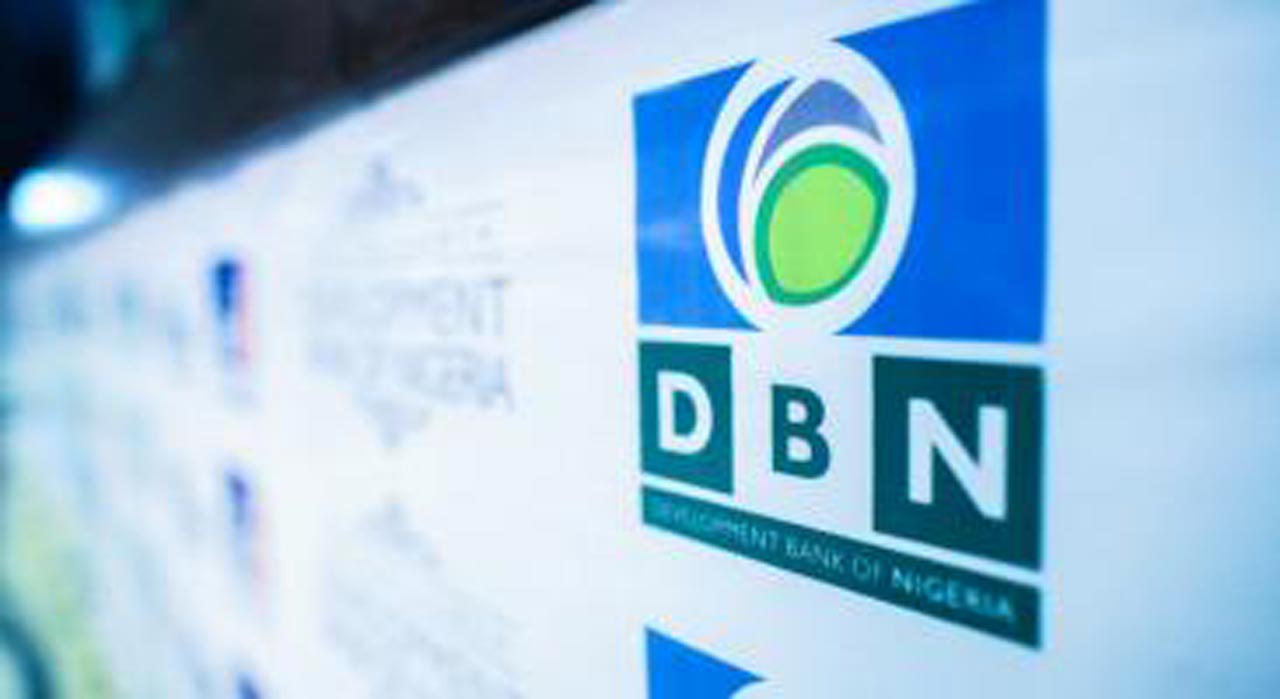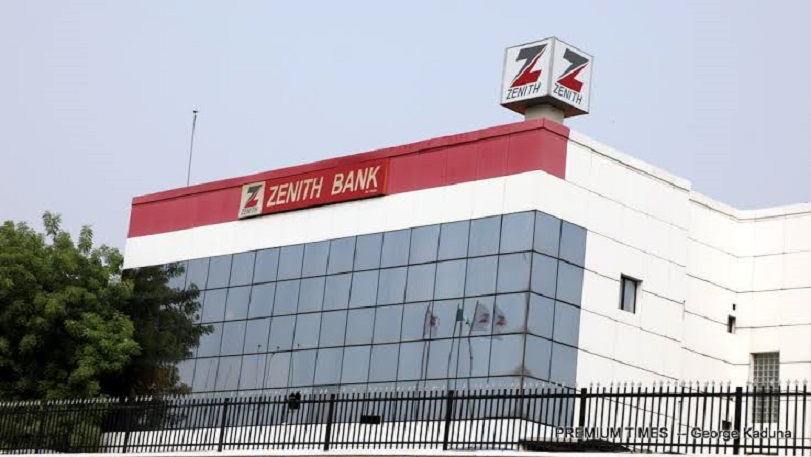Banking
Stanbic IBTC: Banking Industry Compliance, Corporate Governance Practices

At a recent function in Abuja, the Managing Director/CEO of the Nigeria Deposit Insurance Corporation (NDIC), Alhaji Umaru Ibrahim, delivered a lecture where he revealed that there has been a consistent decline, over the past three years, in the recorded rate of successful fraud incidences, thefts and forgeries in the banking industry. Specifically, Ibrahim said such cases had declined by almost half, 48.12%, of the rate it was in 2015.
In response to how the industry was able to achieve such impressive reductions, Ibrahim, while putting in perspective the key reason for frauds to help buttress his response, explained that poor corporate governance practices in terms of regulatory and supervisory oversight and compliance allow frauds and forgeries to thrive. So all that needed to be done was to ensure a stronger corporate governance practice. He said the reduction is indicative of the strict adherence to sound corporate governance practices by banks, which include compliance with regulations.
Indeed, experts at a recent workshop organized by the National Institute of Compliance (NIC) agreed that compliance is at the heart of sound banking practices and sustainable banking and that the risk of banking industry failure is remoter now than it was some years back due to a higher level of compliance. The nature of the banking industry, with its intermediation functions, is such that failure can have very dire consequences for businesses and the economy. Thus, banks have a responsibility to ensure a stable industry and this can only be achieved by sound corporate governance practices.
In the 90s and early 2000s, regulatory and supervisory oversight was weak and compliance by banks to regulations was mainly in the breach. Then, the industry was an all comers’ affair, mostly populated by charlatans who see the industry as mainly a meal ticket. Banks were being opened at a dizzying pace then, with sometimes three or four opened in a month. Before the recapitalization exercise of 2005, there were close to 200 banks in the country. There was widespread corruption in the industry at the time, which led to billions of naira of depositors’ money and investors’ funds lost or misappropriated. But following the recapitalization exercise and especially after the global financial crisis of 2008, corporate governance became a major issue leading to the introduction of a raft of corporate governance codes.
For a bank like Stanbic IBTC, regulatory compliance comes like second nature. The brand’s penchant for regulatory compliance was validated in 2015 at the maiden edition of the Corporate Affairs Commission’s Corporate Citizens Awards. Stanbic IBTC Bank came first for compliance among Nigerian banks and was awarded the Most Extensive Compliance award. According to CAC, “over 800 companies were nominated for the awards, only 26 companies made the final list, out of which the nine winning companies emerged,” including Stanbic IBTC and three other banks.
Certainly, there is no better validation than a regulator attesting to a company’s good corporate citizenship. And it is no surprise that a bank like Stanbic IBTC was adjudged the first among equals in terms of compliance. Many sometimes view the bank’s processes and policies as cumbersome because of the different layers of regulatory requirements it insists must be met before a transaction can be consummated. But then on the flip side is that Stanbic IBTC Bank is one of the most secure, transparent and trusted financial institutions in the country today. These qualities continue to translate into very strong financial performances in its operations and a bullish outlook for the stock at the Nigerian Stock Exchange. In its 2018 financial report, Stanbic IBTC Bank posted an impressive 54% growth in PAT. Balance sheet grew by 20% to N1.6 trillion, driven mainly by deposit growth of 7%. And most importantly, was able to improve its asset quality as ratio of non-performing loans to total loans improved to 3.9%.
Financial institutions, particularly Stanbic IBTC, fully appreciate and understand that their survival depend on how well they are able to manage the relationships amongst their stakeholders, which require them to establish and maintain harmony between parties whose interests sometimes conflict. It is the management of such relationships that corporate governance code embodies. It is this realisation that led banks to self-regulate when in 2003 the Code of Corporate Governance for Banks and Other Financial Institutions in Nigeria was established by the Bankers’ Committee and CIBN.
Stanbic IBTC’s strong corporate governance practices is critical to the financial institution’s continued growth trajectory. The seamlessness of its change of leadership last year was quite impressive and such practices will no doubt give it the desired stability to further increase its market share and to post impressive financial results, going forward.
With the 2003 code, the 2014 CBN code and a spate of regulations by the apex bank as situation demands, which makes for a stronger regulatory oversight, one can almost argue that the possibility of a banking industry failure is remoter than constant uninterrupted power supply in the country. Despite the cost of compliance, which can sometimes be huge and burdensome in terms of time and direct cost, and the risk of managements of banks becoming particularly focused on compliance at the expense of doing business, financial institutions remain resolute in ensuring a strong and viable industry. And this is beginning to produce dividends as shown by the recent NDIC figures and the industry’s financial scorecards.
Today, banks sometimes face the wrath of stakeholders as they strive to comply with regulatory directives. A case in point was the directive by the CBN that banks publish the names of delinquent debtors on its books, which did not go down well with some customers. Another was the foreign exchange utilization position, mandated to be published weekly, and the various restrictions to dollar disbursements to bank customers. Treasury Single Account (TSA), which required all agencies of government to each maintain a single account with the CBN, leading to the withdrawal of trillions of naira from commercial banks, was another policy that banks would have gladly avoided but nonetheless diligently complied with. And most recently is the ‘appointment’ of banks by the Federal Inland Revenue Service as tax collecting agents, which pitched the banks directly against some of their customers and trade partners.
There is no doubt that there is a new compliance orientation in the banking industry. And as banks like Stanbic IBTC, Zenith Bank, Access Bank and UBA continue to lead the financial services industry towards improved compliance levels, it will not only check corruption in the banking industry and risk of possible collapse, it will, due to banks’ pivotal role in the economy, help sanitize business practices and thereby attract investors and boost the economy.
Banking
Development Bank of Nigeria Wins Financial Inclusion Leadership Award

By Aduragbemi Omiyale
In recognition of its unwavering commitment to fostering access to financing for Nigerian micro, small and medium enterprises (MSMEs), Development Bank of Nigeria Plc has been rewarded with the Financial Inclusion Leadership Award at the Champions of Inclusion Nigeria Financial Inclusion Awards.
This was at the 2024 International Financial Inclusion Conference (IFIC) organised by the Central Bank of Nigeria (CBN) in collaboration with the World Bank and other stakeholders.
The chief executive of the lender, Mr Tony Okpanachi, said the recognition affirms the company’s efforts in expanding access to financial services for MSMEs in Nigeria.
“We are honoured to receive the Financial Inclusion Leadership Award, which is a testament to our bank’s commitment to expanding access to financial services for all Nigerians. This award recognises our efforts to bridge the financial inclusion gap, particularly for a priority sector like the MSMEs.
“Additionally, this award is a validation of our strategic focus on driving financial inclusion for small businesses, and we are proud to be at the forefront of this initiative that drives that. We will continue to innovate and expand our financial inclusion programmes, ensuring that more Nigerian small and startup businesses have access to services,” he stated.
On his part, the Chief Operating Officer of DBN, Mr Bonaventure Okhaimo, said the accolade demonstrates the firm’s dedication to driving financial inclusion and economic growth in Nigeria.
“This award acknowledges our Bank’s innovative approach to widening opportunities for MSMEs in Nigeria to grow and scale their businesses,” he said.
“This award will motivate us to continue pushing the boundaries of financial inclusion, exploring more innovative solutions and partnerships to expand our reach and impact.
“We are committed to ensuring that more small businesses and startup enterprises in Nigeria have access to financial services, this award will further inspire us to accelerate our efforts in this regard,” he stated.
Banking
The Banker Magazine Declares Zenith Bank as Bank of the Year in Nigeria

By Modupe Gbadeyanka
The Banker Magazine of the Financial Times Group in the United Kingdom has announced Zenith Bank Plc as Bank of the Year, Nigeria.
At the Banker’s Bank of the Year Awards 2024 held on in London on Wednesday, December 4, 2024, it was stated that Nigerian lender clinched the award for its strong management, sound business model and strategy, and approach to sustainability and ESG banking practices.
The chief executive of Zenith Bank, Ms Adaora Umeoji, described the recognition as a “testament to the unwavering trust and loyalty of our esteemed customers, the unparalleled leadership and guidance of the board and management as well as the hard work and dedication of our staff.”
She said, “It also reflects our bank’s steadfast commitment to delivering excellent services to our customers and contributing to the growth and development of the Nigerian economy.”
“We will continue to invest in innovative technologies, expand our range of products and services, and maintain our commitment to exceptional customer service in order to sustain our position as Nigeria’s Number One Bank,” Ms Umeoji assured.
The Banker’s Bank of the Year accolade is among the most coveted and widely regarded award in the banking industry.
Often contested by the world’s leading financial institutions, the winners span across Africa, Asia-Pacific, Central & Eastern Europe, Latin America, the Middle East, North America and Western Europe.
Recall that last month, Zenith Bank commissioned its branch in Paris, France following the granting of the final approval by the country’s banking regulator, the Autorité de ContrôlePrudentiel et de Résolution (ACPR).
This is part of the bank’s global expansion strategy, and its commitment to serving clients wherever their businesses are around the world.
Zenith Bank has continued to earn numerous awards, with this latest accolade coming on the heels of several recognitions, including being the Number One Bank in Nigeria by Tier-1 Capital for the 15th consecutive year in the 2024 Top 1000 World Banks Ranking, published by The Banker Magazine.
Banking
CBN Reveals Phone Numbers to Report Banks Not Disbursing Cash

By Modupe Gbadeyanka
The Central Bank of Nigeria (CBN) has published some phone numbers citizens can call to report any bank that fails to give them cash over-the-counter or at Automated Teller Machines (ATMs).
In a circular, the banking sector regulator said cash has been made available to lenders to disburse to their customers, saying they have no reason to do so.
DMBs are directed to ensure efficient cash disbursement to customers OTC and through ATMs as the CBN will intensify its oversight roles to enforce this directive and ensure compliance,” a part of a circular signed by acting Director of Currency Operations, Solaja Mohammed Olayemi; and the acting Director for Branch Operations, Isa-Olatinwo Aisha, stated.
It encouraged members of the public who are unable to obtain cash at their banks to “report these instances using the designated reporting channels and format provided,” saying it will “assist the CBN in addressing issues hindering the availability of cash and further improve currency circulation.”
They are to reach the central bank through designated phone numbers of the CBN branch in the state where the incident occurred or via email.
According to the circular, the complaints should be sent with “the relevant details which shall include account name/name of the DMB/amount/time and date of incidents, amongst others.”

-

 Feature/OPED5 years ago
Feature/OPED5 years agoDavos was Different this year
-
Travel/Tourism8 years ago
Lagos Seals Western Lodge Hotel In Ikorodu
-

 Showbiz2 years ago
Showbiz2 years agoEstranged Lover Releases Videos of Empress Njamah Bathing
-

 Banking6 years ago
Banking6 years agoSort Codes of GTBank Branches in Nigeria
-

 Economy2 years ago
Economy2 years agoSubsidy Removal: CNG at N130 Per Litre Cheaper Than Petrol—IPMAN
-

 Banking2 years ago
Banking2 years agoFirst Bank Announces Planned Downtime
-

 Sports2 years ago
Sports2 years agoHighest Paid Nigerian Footballer – How Much Do Nigerian Footballers Earn
-

 Technology4 years ago
Technology4 years agoHow To Link Your MTN, Airtel, Glo, 9mobile Lines to NIN












